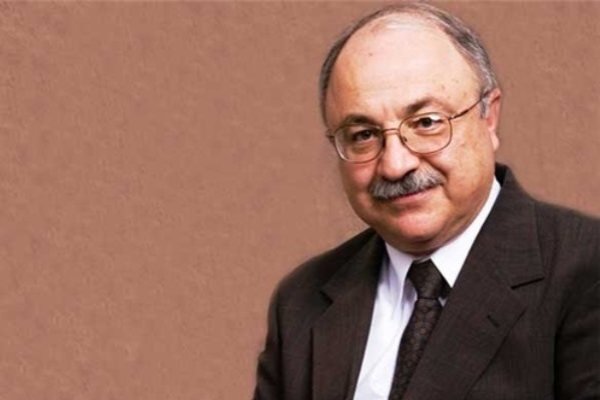Trump UN speech was foundation for US de facto exit from the JCPOA: Expert

TEHRAN – Professor Nader Entessar from South Alabama University says “What Trump said about the JCPOA during his UN speech had no new element in it.”
“He simply repeated the same things he has been saying about the JCPOA ever since he became a presidential candidate in the United States,” Entessar tells the Tehran Times.
He also says that “But what Trump's latest UN speech conveys is that he is now moving fast towards decertifying Iran and laying the foundation for the US de facto exit from the JCPOA.”
Following is the text of the interview:
Q: In his address at the 72nd session of the United Nations General Assembly on Tuesday, US President Donald Trump talked about the domestic achievements of his own government in what is considered as an unusual move. What was the reason for his focus on internal issues during his speech?
A: In almost every speech Trump delivers, he addresses what is commonly referred to as "his base." Trump's UN speech was given n the same vein. But, the UN was the wrong venue for Trump to display his belligerency. As many seasoned observers have already remarked, Trump displayed a remarkable lack of leadership quality when he confused his "support base" in the United States with that of a broader global community.
Q: Donald Trump addressed Iran and the nuclear deal in his speech. Given the fact that he called the nuclear deal an ‘embarrassment’ for the US, how likely it is for Trump to back out of or refuse to confirm the deal in his future report to the Congress?
A: What Trump said about the JCPOA during his UN speech had no new element in it. He simply repeated the same things he has been saying about the JCPOA ever since he became a presidential candidate in the United States. But what Trump's latest UN speech conveys is that he is now moving fast towards decertifying Iran and laying the foundation for the US de facto exit from the JCPOA. The details of Trump's latest plan will be revealed when he submits his administration's report to the US Congress in mid-October.
Q: Richard Haass, president of the US Council on Foreign Relations, has compared Trump with George W. Bush, saying the US president’s UN speech resurrects Bush’s "axis of evil" with only change that Iraq has fallen off and North Korea and Iran remain. What is your take on this?
A: I agree with Richard Haass's assessment of Trump's speech. When I was listening to Trump's speech, the first thing that came to my mind was how similar Trump's tone was to George W. Bush's "axis of evil" speech. Even Trump's body language resembled that of George W. Bush's.
Q: French President Emanuel Macron has voiced support for the nuclear deal in reaction to Trump’s remarks. In your opinion, if US withdrew from the deal, would EU be willing to continue backing the nuclear agreement even as its interests might come under threat by the US?
A: As I have often repeated in my prior interviews, Europe is not in a position to oppose Washington's policies towards Iran. If given only the two choices of supporting Iran, or more specifically the JCPOA, or supporting US policies toward Tehran, Europe will choose Washington's sides. Notwithstanding what European leaders say in public, today's Europe is a secondary player in global affairs.
Leave a Comment